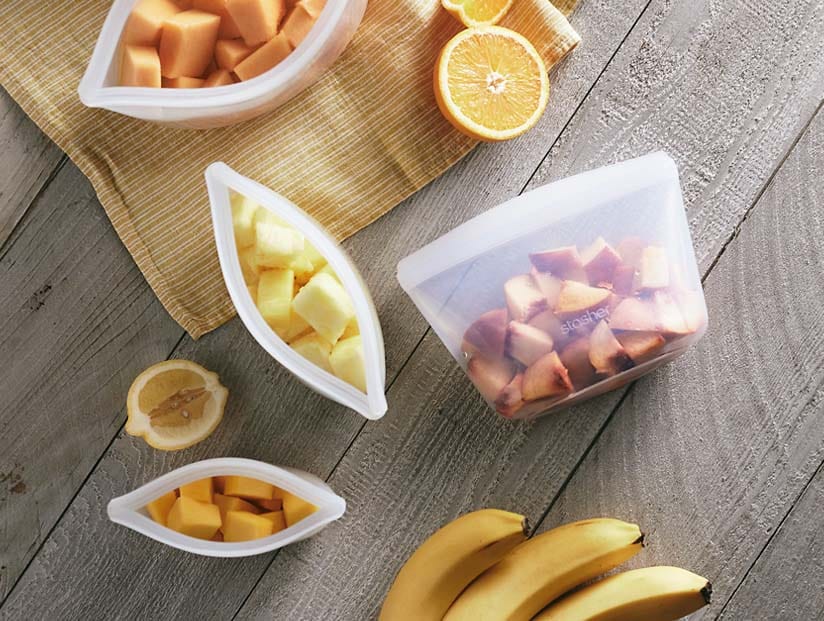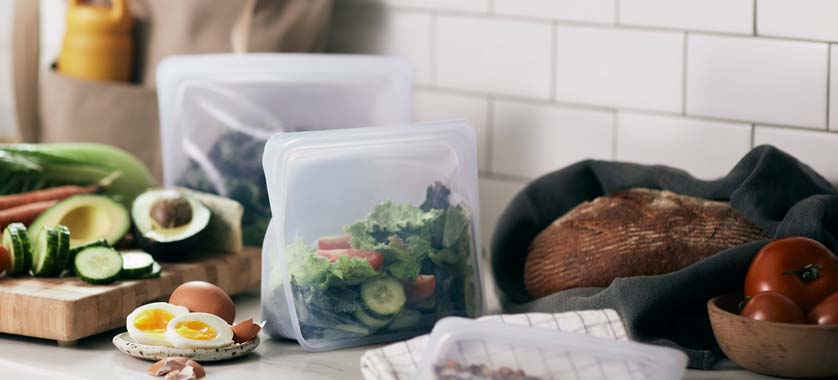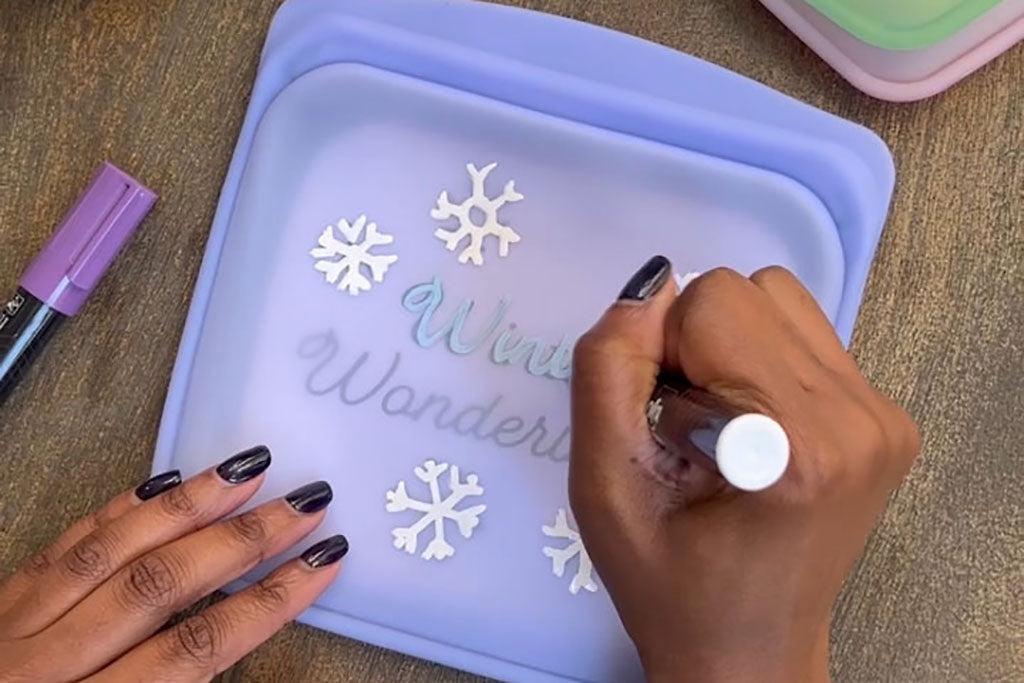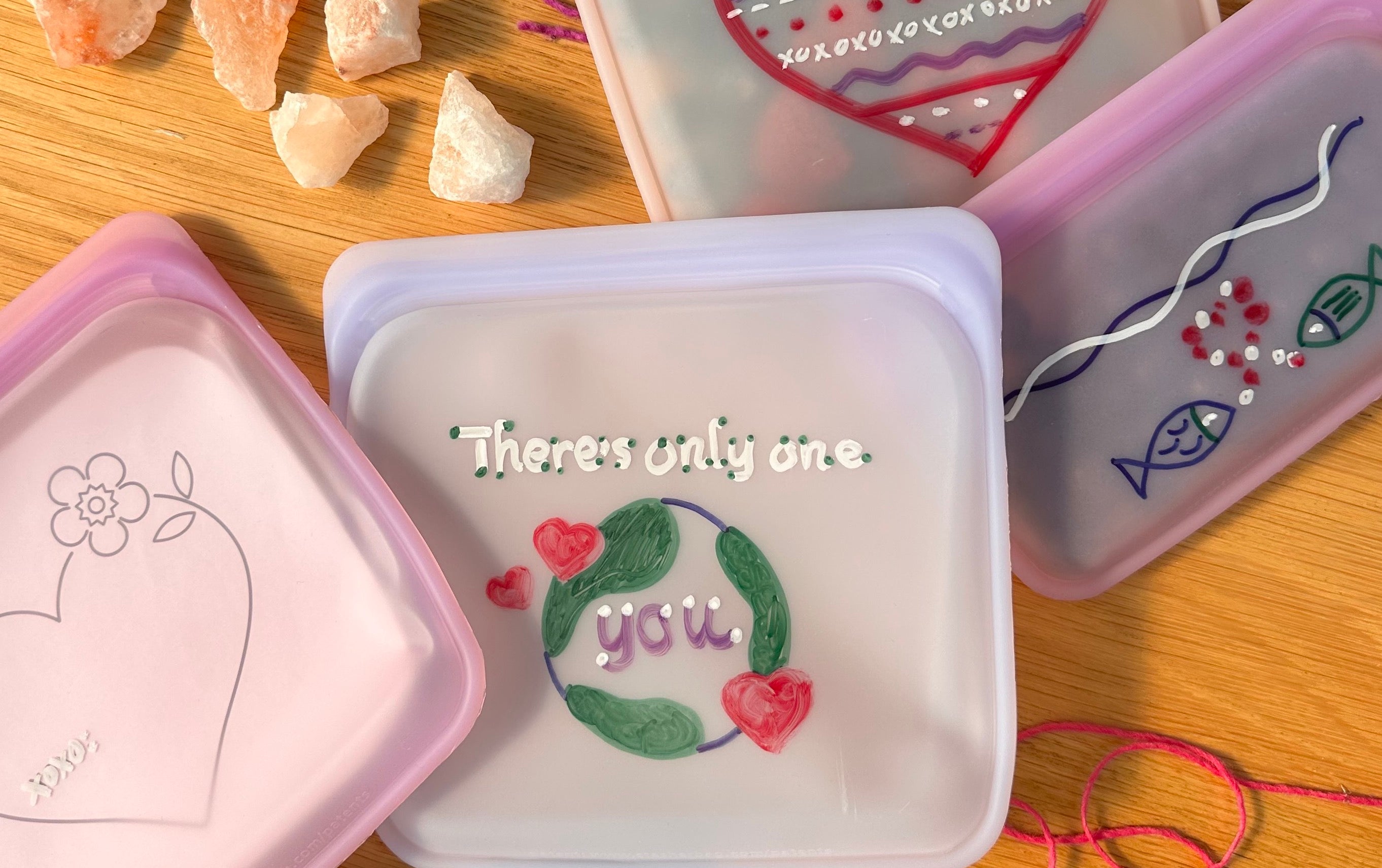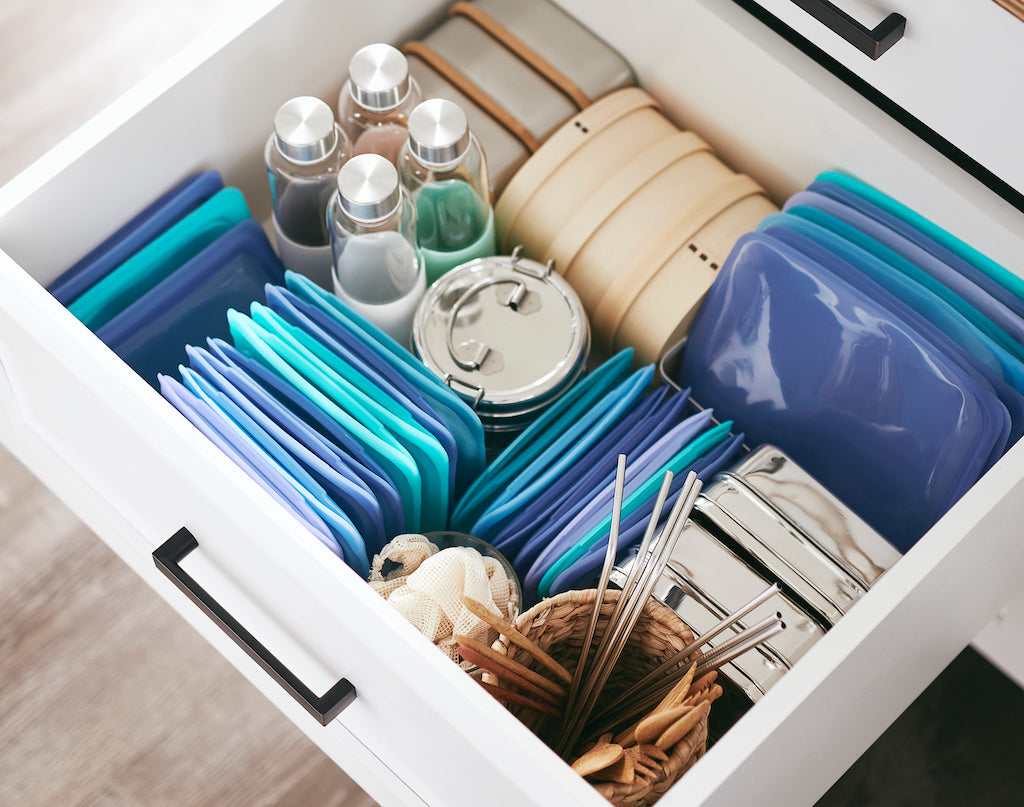
Easy, Eco-Friendly Swaps to Single-Use Plastic
From disposable plastic packaging to single-use everyday items, our landfills — and even worse, our oceans — are filling up with 400 million tons of plastic waste per year. As scary as that is, small changes can make a big impact. Together, we can change the health of our environment with simple, reusable alternatives. Not sure where to start? We’ve rounded up some common items that you probably use nearly every day and share some great substitutes you can use instead.
Swap #1: Straws and utensils
We love takeout as much as the next person, but disposable forks, spoons, and knives? Not so much. Even worse is the throwaway plastic straws we get with our iced coffee and teas. Rather than accept the single-use utensils when getting food and drinks to go, opt for using your own stainless steel/metal utensils at home or keeping a reusable set in your bag.
Try to choose paper straws if you must when out and about, or better, keep a reusable straw handy.

Swap #2: Coffee cups and water bottles
Two big culprits of single-use plastic waste can be found at your local café: plastic cups and plastic water bottles. Thankfully, many coffee chains now give the ability to purchase a branded mug or thermos to have your drinks in and even earn rewards when you re-use it. And there’s no harm in asking the barista if they’ll use your reusable cup you’ve brought from home.
Consider the way you drink coffee, too. Is it always on the go? Our lives are busy, but part of sustainable living is also about taking things a little slower. Next time, visit a local café and order your coffee for there; you can skip the plastic to-go cup and the rush!
As for plastic water bottles, not only are they bad for the environment — they’re not great for your wallet either. Choose a reusable bottle clipped to your bag to bring along and fill it throughout the day from a filtered tap or water fountain.
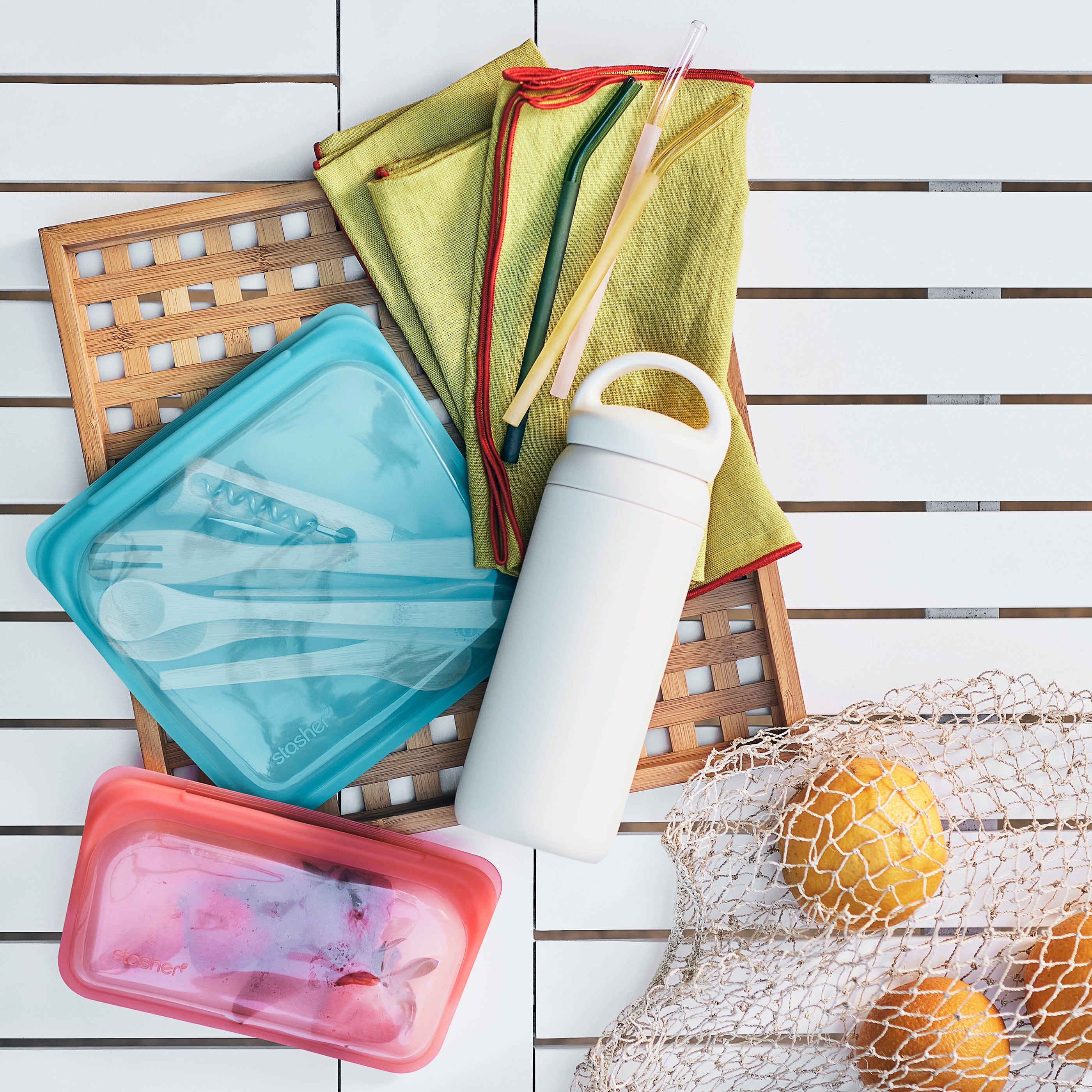
Swap #3 Plastic baggies and containers
You knew this was coming, of course. Single-use plastic baggies make up so much waste and can be found nearly everywhere — in fact, you probably have some. Instead of storing food and essentials in flimsy plastic bags, use silicone Stasher bags and bowls as a practical alternative. Since they’re dishwasher, freezer, microwave, oven, and stovetop-safe, they can be used over and over for endless household purposes.
Additionally, many of the single-use containers you get from restaurants (like to store leftovers) are made of the plastic polystyrene. Your Stasher can be brought along to keep leftovers in and when you’re ready to reheat the, just stick them right in the microwave!
Don’t forget about ditching plastic bags when shopping. Bring your own reusable cotton tote bag to the store to keep groceries in and, if needed, consider purchasing reusable produce bags for fruits and veggies.
Swap #4: Plastic wrap and foil
Though they may be considered kitchen essentials, plastic wrap and aluminum foil generate a lot of waste. A more sustainable alternative to covering foods is beeswax wrap, made from cotton, oil, and — you guessed it — beeswax. For foil or parchment paper, choose a reusable silicone baking mat.
Swap #5: Feminine hygiene products
The average woman has her period from 3-7 days per month and goes through menstruation cycles from the age of 13 until the age of 51. That adds up to 456 total periods over 38 years, which means the likelihood of using plastic-riddles pads, panty liners, and tampons is high. Not to mention that many of these products are filled with nasty chemicals!
Try using a menstrual cup instead, or, for lighter periods or alternative options, washable pads and period underwear.
Use the plastic you have
Don’t throw out those plastic baggies just yet! For the single-use stuff you already own, try repurposing it around the house as long as you can. We’ve got a handy guide here that breaks down all the ways to use common plastic items as you swap them out.
When it is time to retire that plastic, be sure to recycle properly. Check out this article for tips on how to best recycle your single-use plastic.



